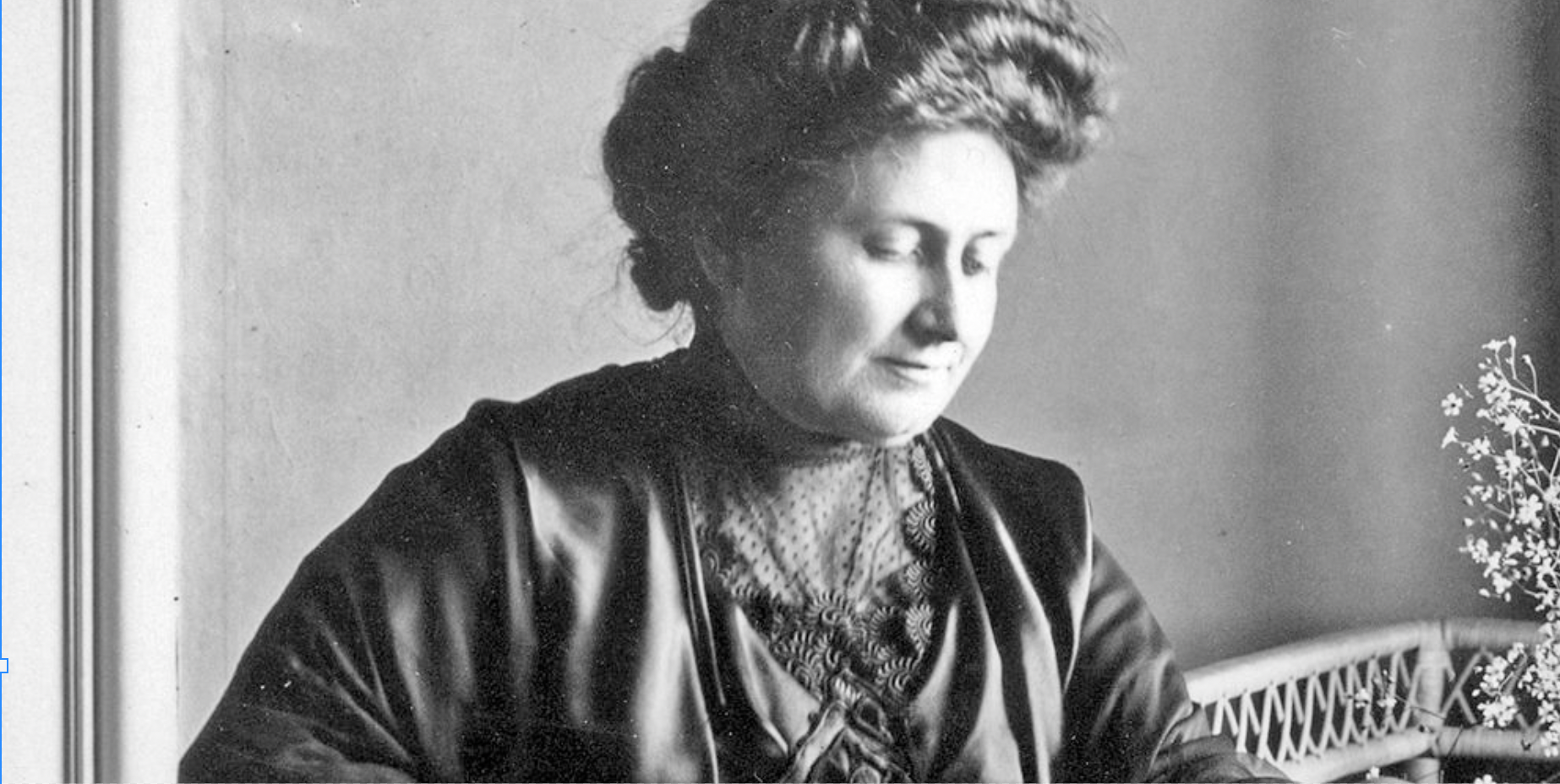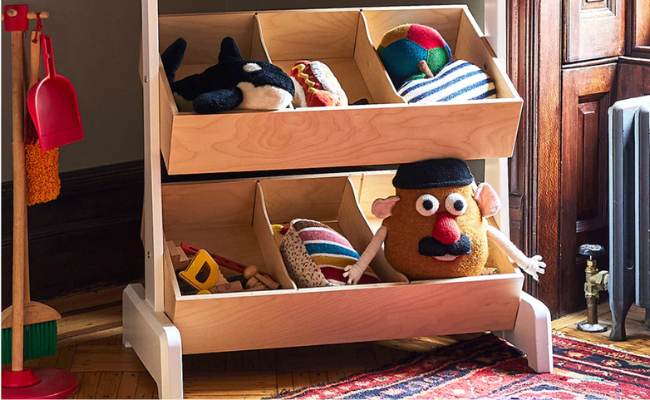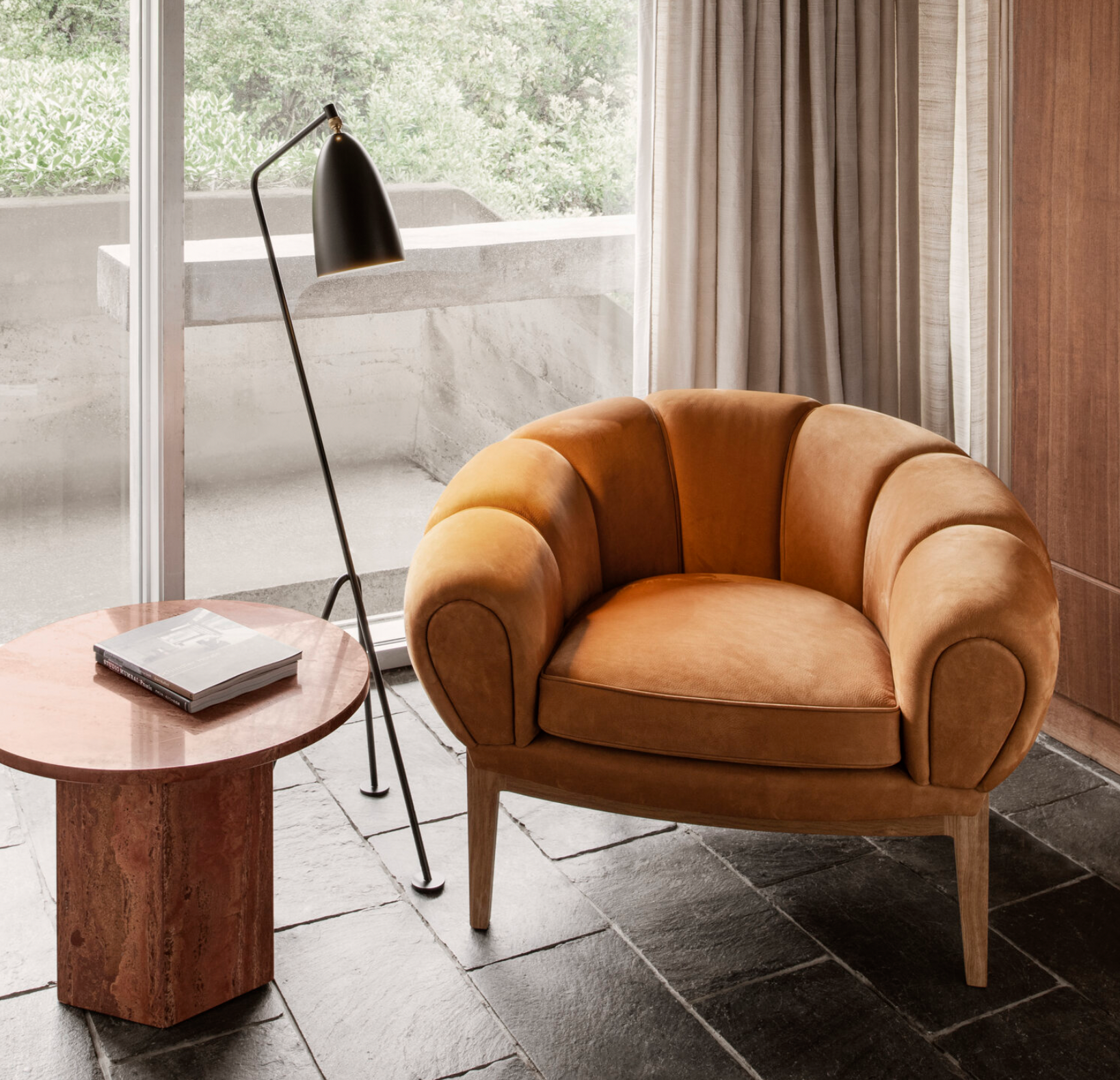
Maria Montessori | an education for life
Maria Tecla Artemisia Montessori, one of the first women to practice medicine in Italy in the 1980s, was the creator of the Montessori educational method. As mentioned in the previous post, this method explores what is essential for the integral development of children through behavioral observation.

Throughout her life, Montessori worked in clinics and asylums in Rome. In these places, he took care of the health of his patients and provided them with what they needed, such as basic care, affection and clothing. It was in these places that he began to observe children with emotional and mental disabilities and came to the conclusion that they were sensory deprived in the environment in which they found themselves. He observed that, for example, children picked up crumbs from the floor only to stimulate their sense of touch, not to feed themselves.
Dr. Montessori proposed that the solution for these children was to be found in education and not in medication. Thus, he began his journey from scratch, without a pre-conceived methodology, and based himself on his scientific observation practices, coming from his medical training, to learn how he could facilitate children's learning and captivate them.
In order to deepen her knowledge, Montessori delved into psychological, educational and anthropological philosophy and experimented with all manner of educational materials and tools. The result was visible, most children passed school exams with higher grades than children without disabilities. With this achievement, she was recognized as a professional capable of miracles.
Shortly after, she was invited to create a place in the favelas where she could care for young children while their parents worked. Thus was born the Casa dei Bambini – Children's House, which opened in January 1907, and which allowed Montessori to test her ideas in the Italian educational system, while developing her pedagogical method.
His work has attracted interest from many quarters and has expanded internationally, and now there are schools and training programs on every continent except Antarctica. There are currently over 4,500 Montessori schools in the United States and 20,000 worldwide. In Portugal, the appearance of more and more schools with the Montessorian approach is also notorious.
This approach creates free and independent adults. Larry Page and Sergey Brin (founders of Google), Anne Frank (teenager Holocaust victim, writer) Jeff Bezos (founder of Amazon), Jacqueline Kennedy Onassis (former first lady) and Gabriel García Márquez (Nobel Prize-winning novelist) attended Montessori schools.
Maria Montessori worked in education and developed her ideas for children around the world until her death in 1952. For Dr. Montessori, her work was “ an education for life ”, not just directed to the classroom, but to our daily lives.



